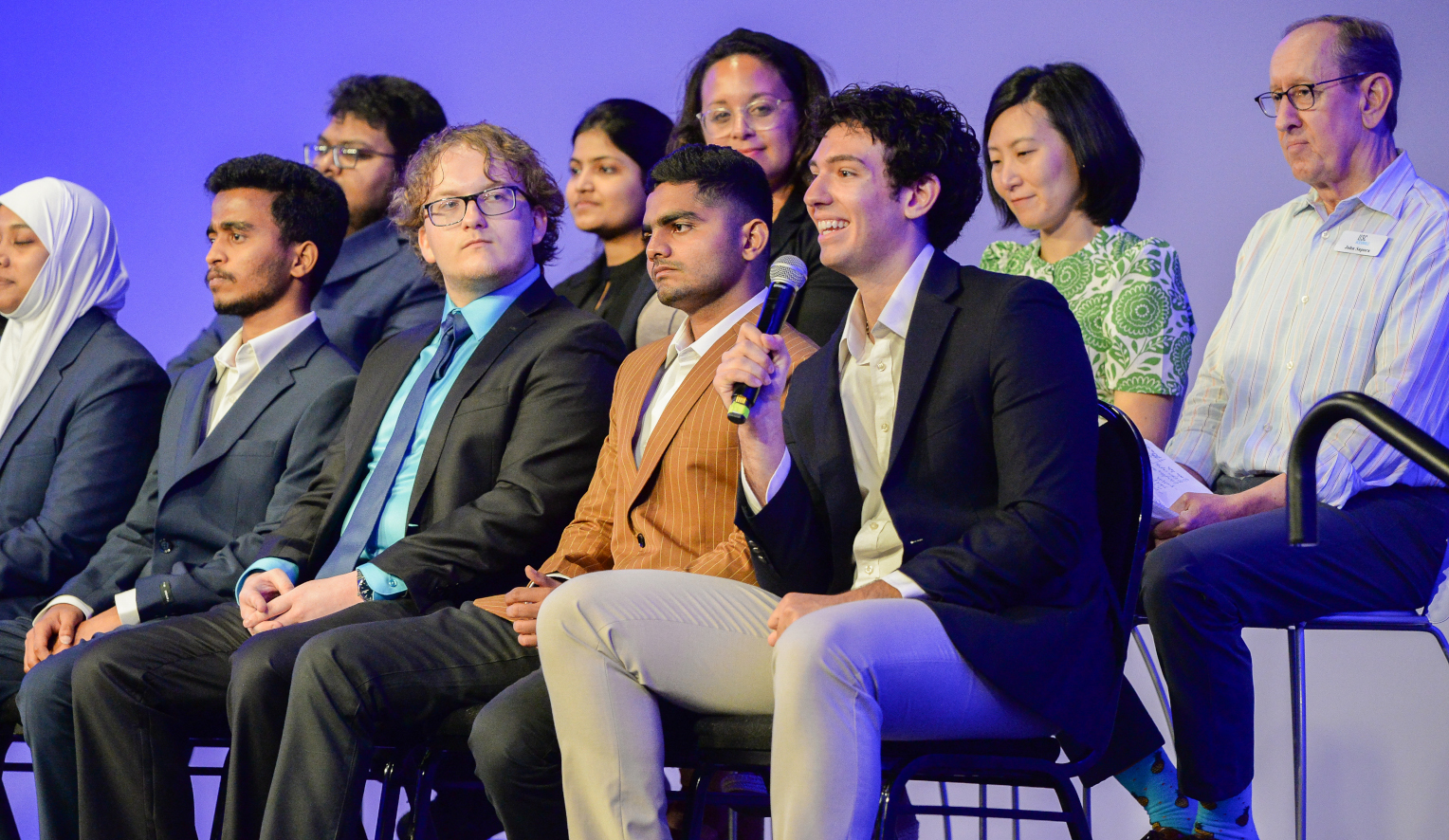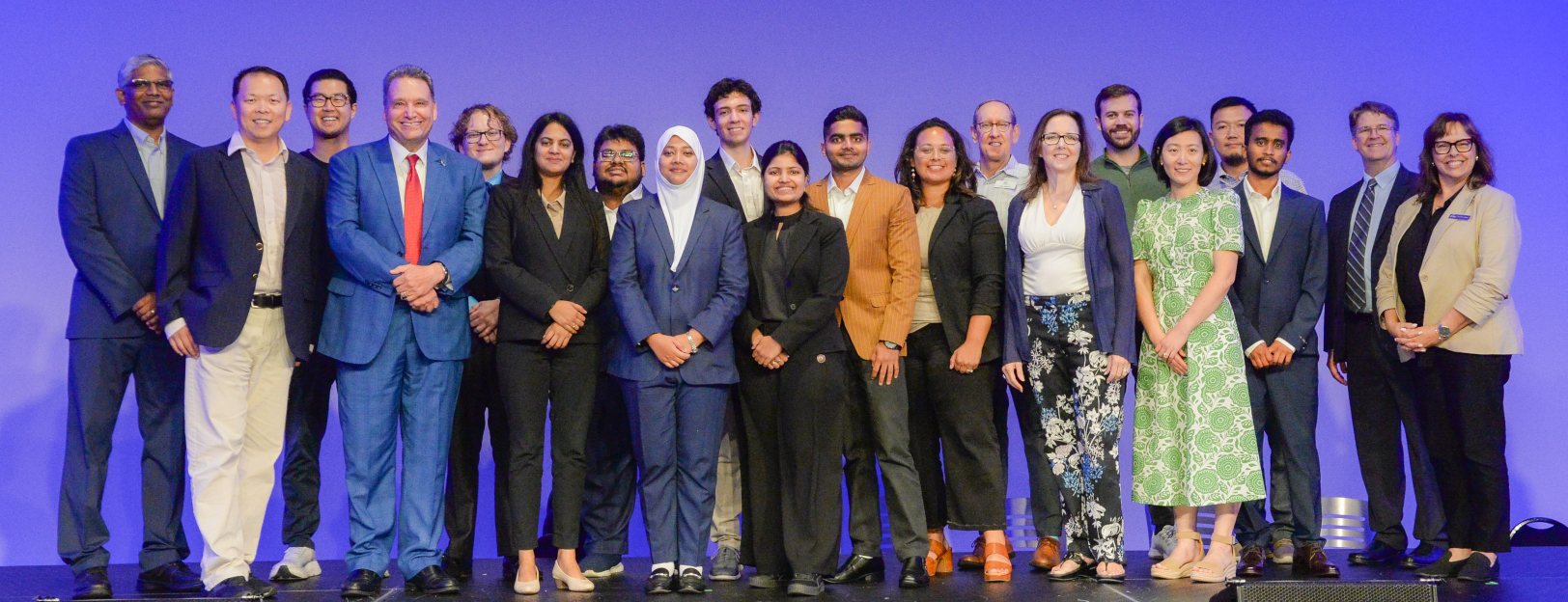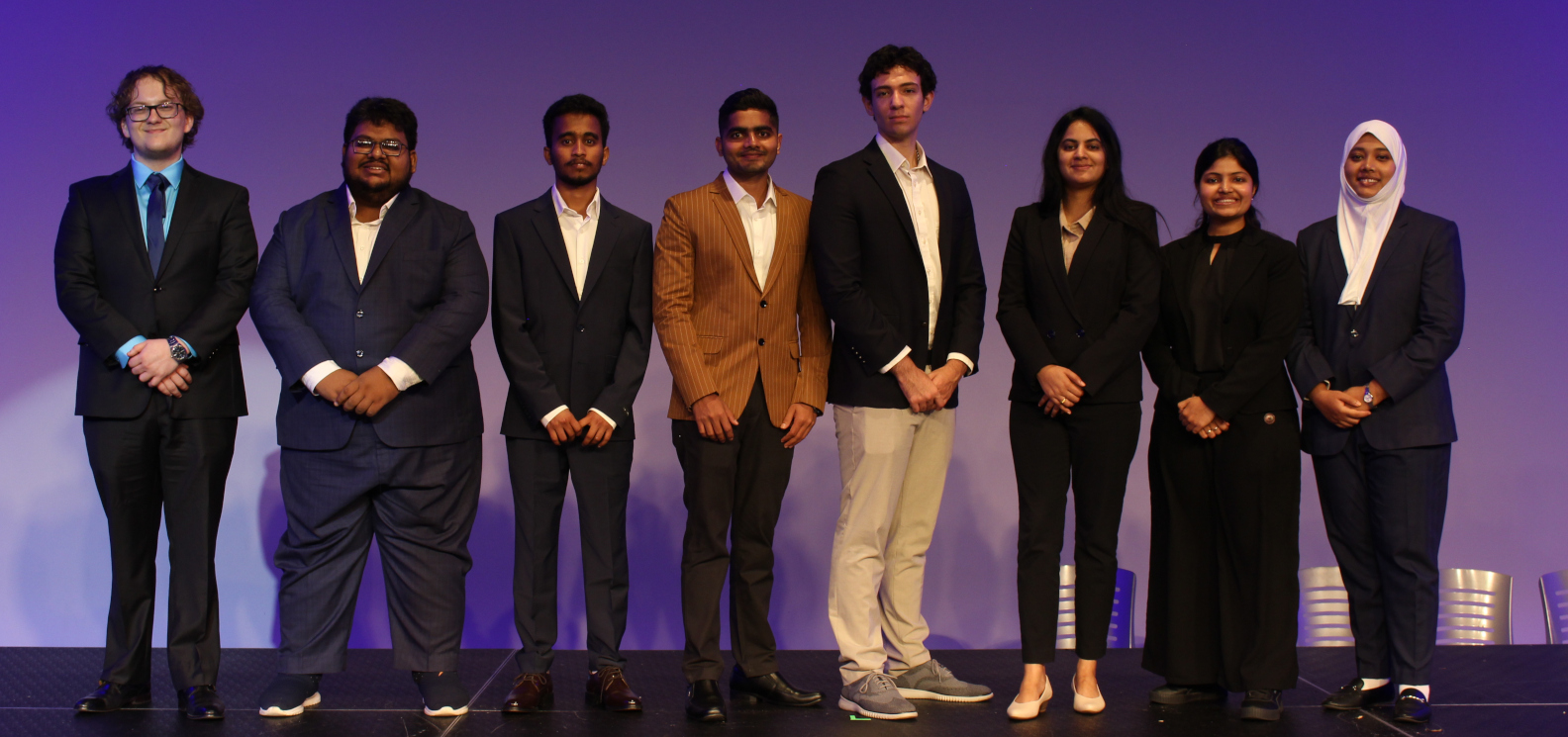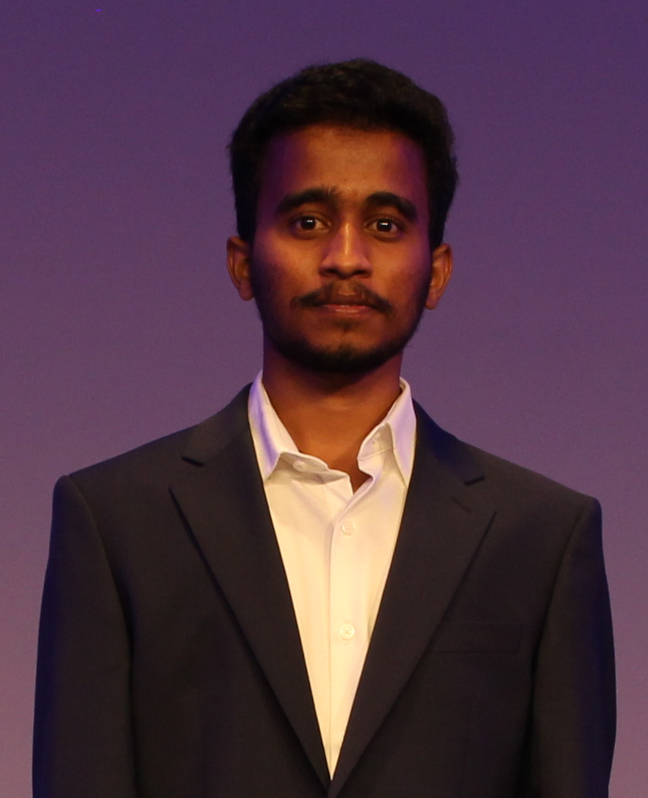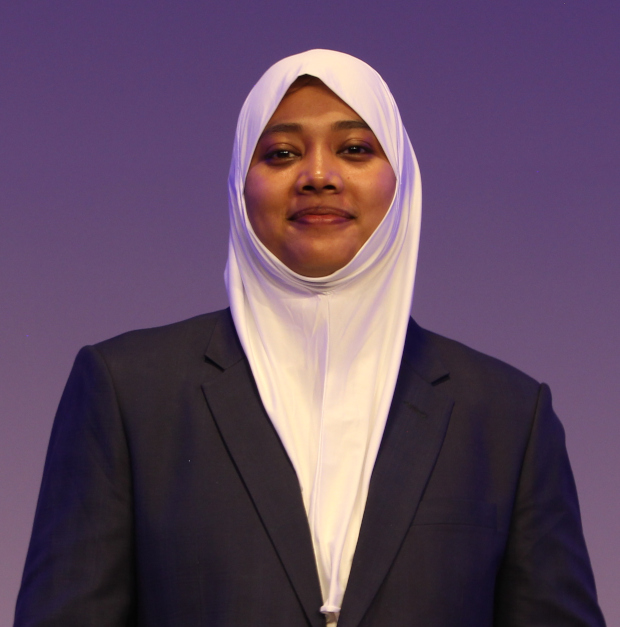2025 FL-DSSG Summer Internship
The Florida Data Science for Social Good (FL-DSSG) program is an intensive 11-week internship that invites students to tackle data-rich projects with the potential for substantial social impact. The 2025 program is a fully in-person internship. The 2025 FL-DSSG program supported 8 interns from various disciplines and three nonprofit organizations in Florida. The 2025 FL-DSSG summer internship program was hosted at the UNF campus from May 19 to August 1, 2025. Interns presented the project results at an open-to-public Big Reveal event on July 29 at the WJCT Studios. Various industry and community organizations sponsored the 2025 FL-DSSG program. Dr. Dan Richard from the Department of Psychology and Dr. Karthikeyan Umapathy from the School of Computing spearhead the FL-DSSG program.
2025 Program Sponsors
We are truly grateful to the following industry and community partner sponsors for their support. Their generous donations were used to give stipends to the DSSG interns who work on projects that benefit Florida communities.
Gold Sponsorship (Above 5K)


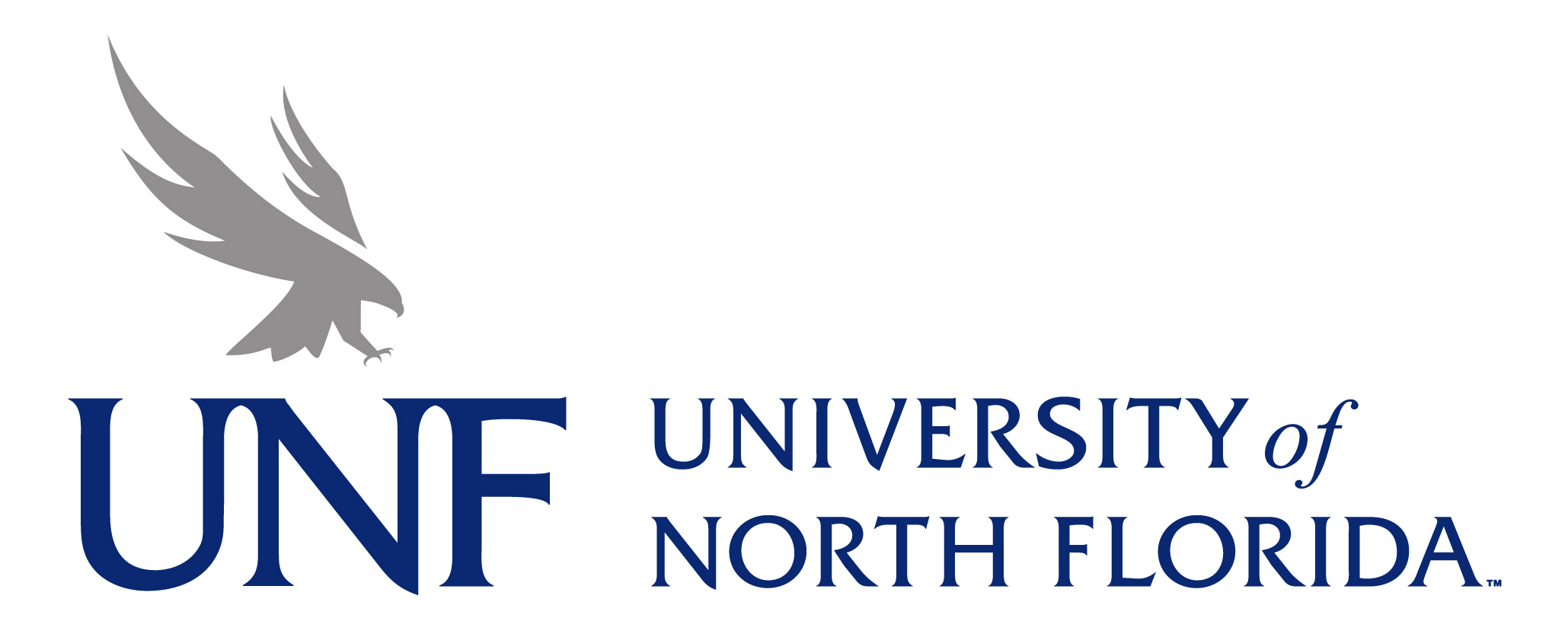
Silver Sponsorship (2.5K to 5K)
Bronze Sponsorship (below 2.5K)
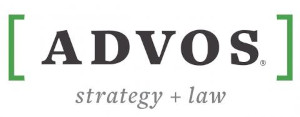

2025 FL-DSSG Big Reveal Event Presentations
FL-DSSG Big Reveal Event was held on July 29, 2025, from 4:30 PM to 6:30 PM at the WJCT Studios. At the event, DSSG interns presented findings and revealed insights gained from the Cathedral Arts Project, Nonprofit Center for Northeast Florida, and LISC Jacksonville projects. Below you can access the PowerPoint file and video recordings of the presentations.
Social Good Projects
FL-DSSG projects address wicked problems that have been persistent social issues in Florida communities. FL-DSSG program obtains relevant data from the community partners pertinent to the issue and assists partners in making data-driven decisions for addressing their wicked social problem. Wicked problems addressed in the 2025 program include calculating a rubrics-based scoring schools with arts education access and performing historical analysis of arts education access impacts, identifying factors that influence health of nonprofit organizations, and map the women wealth transfer affected due to heirs property issues.
Cathedral Arts Project – Calculating of Celebrating Arts Index Scores and Historical Analysis of Arts Education Access Impacts
Cathedral Arts Project (CAP) instructs, instills, and inspires through various offerings, including after-school, school day & summer programs, cultural experiences, advocacy, community partnerships, and professional development. Children receive free quality, standards-based instruction in dance, media arts, music, theatre, and visual arts through CAP programs. CAP offers in-person and virtual programs to children across Duval County and beyond, including public schools, community centers, and partner sites.
To further the LEAD (Landscape of Education on the Arts in Duval) research, CAP and its partners will continue their work in the Arts in Schools Celebration rubric and feedback system. This system will be used for measuring and understanding access to the arts in Duval County. The Arts in Schools Celebration system will provide a quantitative summary score that measures and tracks each school's progress and shows actionable pathways for schools to improve their arts offerings with community partners and key stakeholders. This system should help with generating a deep understanding of arts education landscape in Duval County while leveraging existing resources and community relationships to ensure every Jacksonville student, in every grade, has equitable access to the arts as part of a high-quality education.
DSSG and CAP found correlations between the number of arts offerings, arts disciplines, arts education, students enrolled in arts courses and school grades as assigned by the Florida State Department of Education. By including whether schools fund the arts as part of its Arts in Schools Celebration designation and art school report, CAP will be able to make visible the impacts of resource allocation choices on students' arts learning experiences, or lack thereof. The Arts in Schools Celebration designations and art school profiles will make it easy for families, educators and community stakeholders to assess the robustness of each school's arts education.
Nonprofit Center for Northeast Florida – Identifying Indicators of Nonprofit Organizational Health
The Nonprofit Center (NPC) of Northeast Florida is a consortium and support organization whose mission is to develop, sustain, and advance the nonprofit organizations across the Northeast Florida region. The NPC provides programming and support for nonprofit leaders and board members to strengthen the health and capability of nonprofit organizations in the region. The NPC provides a State of the Sector report that outlines how well nonprofit organizations are doing and what challenges are faced by nonprofits as a whole.
In the 2025 NPC DSSG project, we will use IRS Data and Census data to develop models to identify nonprofit organizations that are at-risk and those that are thriving despite challenging circumstances. We will then provide profiles that can serve as guides for recommendations to the nonprofit sector for advancement and growth of the sector.
LISC Jacksonville – Mapping the Great Wealth Transfer to Women
LISC Jacksonville, the local affiliate of the national nonprofit Local Initiatives Support Corporation (LISC), facilitates strategic investments and cross-sector partnerships to advance equitable community development throughout Duval County. Through its integrated initiatives—spanning affordable housing, heirs’ property resolution, organizational capacity-building, and neighborhood revitalization—it seeks to create resilient communities where all residents have access to economic opportunity, housing stability, and generational wealth. This ongoing engagement with cross-sector partners strengthens LISC Jacksonville’s commitment to addressing systemic disparities and promoting inclusive growth.
As trillions of dollars in property wealth shift across generations, many transfers remain invisible, especially in historically excluded communities. In places like Jacksonville, property is often passed informally, without legal protection. Women, particularly older Black women, are increasingly the recipients of this wealth, but often without the legal infrastructure to secure it. These properties are vulnerable to loss from tax delinquency, vacancy, or unclear title.
The 2025 project objective is to map and analyze how, where, and to whom property wealth is being transferred—focusing on older women in high-heirs’ property (HP) communities—and to identify neighborhoods where that transfer is at risk.
Data Science Interns
Students work as DSSG Interns in a 11-week, paid internship program. It should be noted that LISC Jacksonville project was completed in 6-week timeframe. Interns from multi-disciplinary backgrounds work as a team to help community partners make data-driven decisions. Interns receive valuable experience with data management, analysis, technology, and community needs. Interns are supervised by DSSG program directors and receive guidance from industry mentors as well as faculty project leads.
